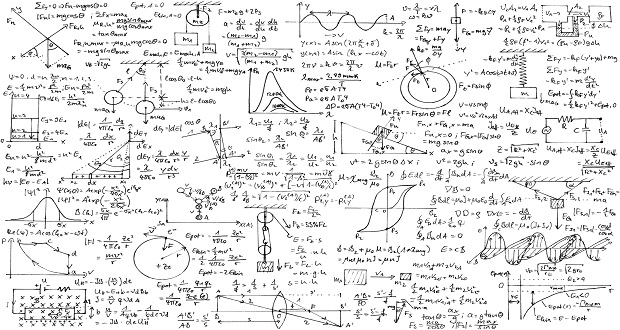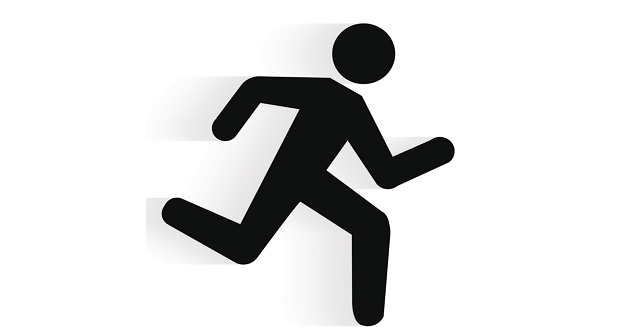
Dear DEI Practitioners,
As we explore what we are grateful for this season, I believe we need to center our embodiment, or mind-body connection, and well-being more.
There’s much to be grateful for, amidst many challenges.
On a large scale — it is upsetting that calling for no more violence against Palestinian people has been falsely politicized to mean a lack of care for Jewish people. It is deeply confusing to my body and spirit that this is a concern we must hold in our nervous systems as we express feelings of pain regarding the humanity of a group of people. I am grateful I can find comfort in community members, Palestinian and non-Palestinian, courageously speaking and taking action to bring about the ceasefire. May it be so.
On a more personal scale — I’m grateful to: all the people who have carved out ways to care for themselves this year (when this is so incredibly counterculture). People who have engaged in their version of centering and self-care activities, including saying yes to their health, rest, and making shifts that honor something important. All the coaching clients and practice group clients I’ve learned from and incredible coaches I’ve met along the way. All the folks who have invited me on podcasts and people who have listened to the episodes. All the reminders from others in my community to affirm ourselves and each other.
Affirmation:
I am learning to be softer, gentler, and saying yes to ways to care for myself. I don’t get it right all the time, and I know and will come back to trusting over and over that I am practicing progress over perfection.
At the same time, I want to invite us as DEI practitioners into an inquiry around: What will it take to center our embodiment and well-being even more?
At the start of the year, I set an intention, like others hold, to share embodiment approaches and ways we can focus on our own well-being more with DEI practitioners. I still feel like we’re separated, isolated, and spend way too little time in community intentionally talking about the impacts of the ways we work, and practicing together what it is to embody rest, well-being, boundaries, and being in our bodies.
- Yes, we live in a capitalist society demanding our labor and productivity over anything else.
- Yes, society doesn’t value/compensate for the ways we pause to care for ourselves and take time for well-being practices, at least not widely and consistently.
- Yes, you are likely dealing with external pressure from your organization and/or the broader landscape which are questioning the impact of DEI work.
- Yes, you likely give constantly to others and the change strategies you are leading on small/large scales.
- Yes, being self-employed brings its own series of challenges, i.e., earning a living supportive wage.
It’s normal to feel overwhelmed and feel like we can’t center ourselves. This is part of the problem though. When we’ve internalized that we JUST NEED TO TAKE IT and minimize our own care and well-being, then, how do we truly expect ourselves to transform our cultures?
While I am proud of the embodiment work I’ve offered, I would love for even more people to engage with it.
I want to shout: We need each other. To do things differently. To learn to do things differently, even as capitalism (job security, pressures to give, perform, conform, etc.) makes it difficult and will persist.
I invite you to pause here in your reading to take time to reflect on what I’ve shared so far … then come back to the rest. I know you might feel pressure and anxiousness even to take this reflective time.
Write, journal, talk it out:
- How have you shifted over the last few years, this year?
- What have you been pulled toward? What have you said yes to?
- What has helped shape you this year? Is it love, grief, or coming back to your own spirituality?
- Where have you said no and released something?
- In the places where you’ve said no to yourself, what’s taken priority?
There are key embodiment practices for getting free that we can engage in more through somatic practicing. It can feel scary and different … and I’d love to support you in this.
We tell ourselves “I don’t have time.” Yes, we do, even in small ways. If we dream of getting free, this isn’t just our minds, and it isn’t going to be changed through policies, training, and new strategic plans alone. It requires us to act. It requires us to change from within.
Instead of thinking of embodiment work as something separate, somatic practices where we reconnect with our bodies through movement offer a different way to engage in and be with all the other things happening within an organization: Leadership development. Workplace well-being. Conflict management. Affinity group support. Human resources. Effective board meetings. Retreats that can be supportive and not feel like they produce more work than they did rest and repair.
We need to be willing to be a student again, to learn something new, to be a newbie, and to seek out the places, people, and resources that can help us to make the shifts we dream of: Starting from within ourselves.
Because enough is enough. What if burnout prevention and people’s well-being are non-negotiable? What if we stop giving so much of ourselves when we’re not resourcing ourselves to be able to give more? What if we stop feeling like there are no other options?
Because YOU are integral to this cultural shift that we are working so damn hard toward.
My coaching is about supporting spaces that allow for us to really embody the changes, the freedom, and the transformation we dream of individually and in our organizations. Please reach out to learn more about somatic-based coaching and group work for your team.
Closing reflection:
As we give thanks and gather with community this holiday season, how can you do something small or big that honors the Indigenous people of the lands you are on? Remember, you are enough, and ground in your commitments to yourself and others as you engage.


















